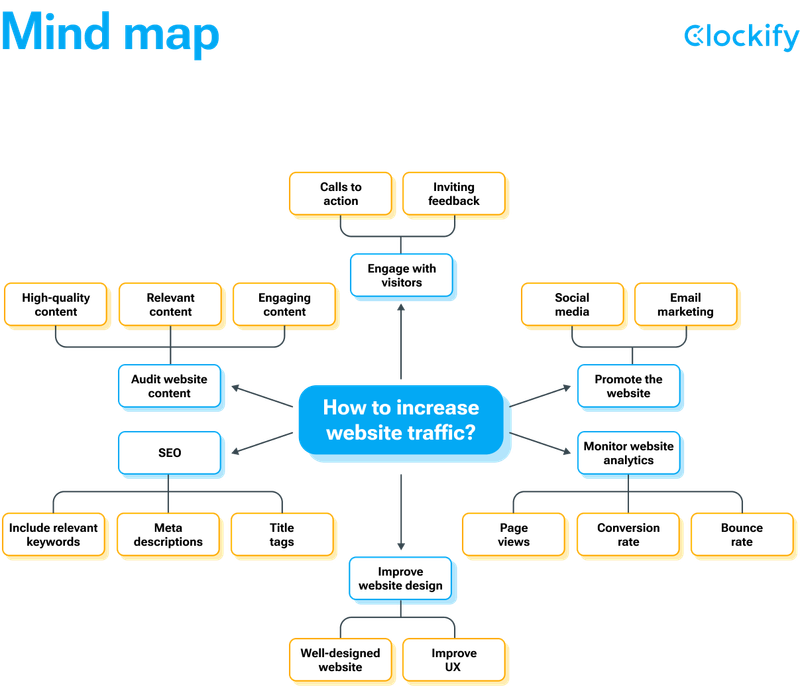Building trust is essential in any relationship, and the words we choose can significantly impact this process. Whether in professional or personal interactions, certain phrases can instantly foster a sense of trust and connection. In this post, we explore 12 psychological ‘power words’ that are known to make people trust you more readily. These words are not just about what you say but how you say it, conveying empathy, respect, and openness. By incorporating these phrases into your communication, you can enhance your relationships and create a positive, trustworthy image that attracts others to you.
1. “I understand what you’re saying.”

“I understand what you’re saying” is more than just a phrase; it’s an assurance that the speaker is truly present and attentive. Acknowledging someone’s perspective fosters an immediate sense of connection. It signals empathy and respect, crucial components in building trust. This phrase opens the door for deeper, more meaningful dialogue. People feel valued when they sense their views are heard and understood. This powerful phrase can transform a simple conversation into an opportunity for mutual respect and collaboration. When used sincerely, it can bridge gaps and strengthen relationships effortlessly.
2. “In my opinion…”

Softening statements with “In my opinion” shows respect for differing viewpoints. This phrase invites dialogue, facilitating open conversation. By acknowledging that your perspective is just one of many, you demonstrate humility and a willingness to consider other ideas. It encourages others to share their thoughts without fear of judgment. This openness can lead to richer, more productive exchanges, where all voices are heard and valued. “In my opinion” not only respects others but also builds trust by showing you value their input. It’s a simple way to foster mutual understanding and respect.
3. “How did you think that went?”

“How did you think that went?” is an invitation for reflection and feedback. This question shows you value the other person’s insight and are open to constructive criticism. It creates an environment where collaboration thrives, and ideas can be freely exchanged. By asking for feedback, you demonstrate a genuine interest in improvement. This inquiry not only builds trust but also fosters a culture of growth and learning. It positions you as someone who values others’ opinions, enhancing your credibility and trustworthiness. Engaging in such dialogues can lead to mutual respect and understanding.
4. “What can I do differently?”

“What can I do differently?” conveys a willingness to grow and adapt. By seeking advice, you show humility and openness to change. This question invites constructive critique and demonstrates that you value the other person’s perspective. It’s an opportunity to learn and evolve, strengthening the relationship. This phrase builds trust by showcasing a commitment to self-improvement and understanding. It signals that you are not just looking for praise but are genuinely interested in enhancing your interactions. Such openness can deepen connections and foster a more supportive and trusting environment.
5. “I’m all ears.”

“I’m all ears” is a delightful way to express eagerness to listen. It’s a charming invitation for someone to share their thoughts without interruption. This phrase conveys a sense of readiness to focus entirely on the speaker, fostering trust and rapport. By showing genuine interest in what others have to say, you create a welcoming atmosphere. This attentive listening encourages openness, making people feel valued and understood. “I’m all ears” is not just about words; it’s about creating a space where communication flows freely and authentically.
6. “Sorry about the traffic.”

Even when not at fault, saying “Sorry about the traffic” acknowledges external inconveniences with grace. This phrase shows empathy and an understanding of shared frustrations. Offering an apology for something beyond your control can make you appear considerate and trustworthy. It humanizes interactions, reflecting an awareness of the challenges everyone faces. This small gesture can ease tension and build goodwill, fostering a sense of camaraderie. It’s a reminder that sometimes, acknowledging a shared experience can bridge gaps and create a more harmonious interaction.
7. “I think you know my friend.”

“I think you know my friend” introduces a sense of familiarity and connection. Mentioning mutual acquaintances creates an immediate link, fostering trust and comfort. This phrase can transform a meeting into a reunion, making both parties feel more at ease. It’s a subtle way to build rapport by highlighting common ground. Recognizing shared relationships can open doors to deeper conversations and collaborations. This connection not only enhances social bonds but also builds a foundation for trust, making interactions smoother and more enjoyable.
8. “That was my fault.”

Taking responsibility with “That was my fault” demonstrates integrity and accountability. Admitting mistakes shows maturity and strengthens trust. This phrase conveys honesty and a commitment to transparency. People respect those who own up to their errors, as it reflects character and reliability. By acknowledging a misstep, you lay the groundwork for resolving issues and moving forward constructively. This honest admission can turn a potentially negative situation into an opportunity for growth and improvement. Embracing responsibility builds a trustworthy and dependable reputation.
9. “I need your help.”

“I need your help” is more than a request; it’s an opportunity to empower others. By seeking assistance, you show vulnerability and trust in the other person’s abilities. This phrase fosters collaboration, making others feel valued and respected. It can strengthen bonds by demonstrating that you recognize and appreciate their expertise. Asking for help opens the door to collaboration and shared success. It’s a chance to build a partnership based on mutual respect and reliability. This simple request can lead to stronger, more trusting relationships.
10. “You were right.”

“You were right” is a powerful acknowledgment that can nurture trust and respect. Admitting when someone else is correct shows humility and an openness to learn. This phrase validates the other person’s perspective, enhancing your credibility and rapport. By recognizing their insight, you create an atmosphere of mutual respect. It’s a simple yet profound way to strengthen relationships, showing that you value truth and honesty over ego. This candid admission can lead to deeper connections and more meaningful interactions.
11. “What do you think?”

Asking “What do you think?” invites collaboration and values input. This question shows you respect others’ opinions, fostering an inclusive environment. Encouraging participation signals that all voices matter, building trust and camaraderie. By seeking input, you demonstrate a willingness to listen and adapt. This phrase can lead to innovative solutions and stronger team dynamics. It’s a way to engage others, making them feel appreciated and involved. Asking for opinions nurtures a culture of openness and teamwork, enhancing trust and communication.
12. “I trust your judgment.”

“I trust your judgment” is a powerful endorsement of someone’s abilities and decisions. This phrase strengthens relationships by conveying confidence and respect. By affirming trust in their judgment, you empower others to take initiative and excel. It fosters a collaborative environment where individuals feel supported and valued. This expression of trust can lead to increased confidence and productivity. By placing trust in someone, you build a foundation for mutual respect and successful collaboration. It’s a simple yet effective way to enhance connections and inspire excellence.

Well, hello there!
My name is Jennifer. Besides being an orthodontist, I am a mother to 3 playful boys. In this motherhood journey, I can say I will never know everything. That’s why I always strive to read a lot, and that’s why I started writing about all the smithereens I came across so that you can have everything in one place! Enjoy and stay positive; you’ve got this!

